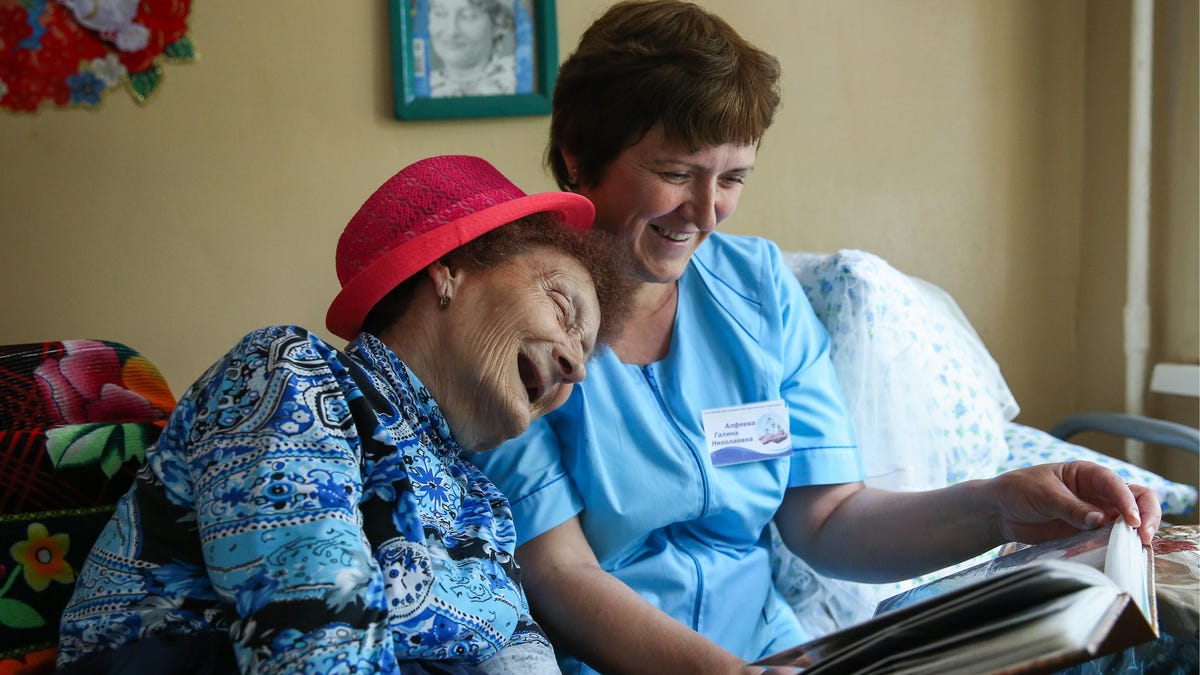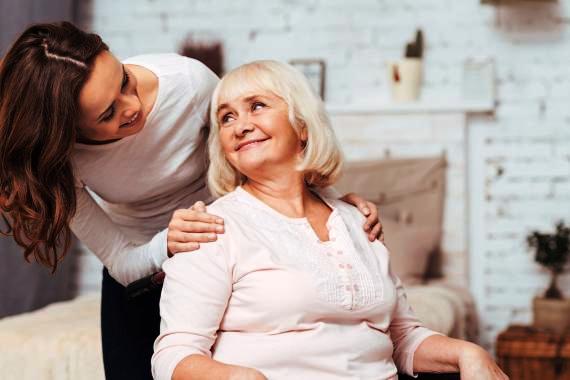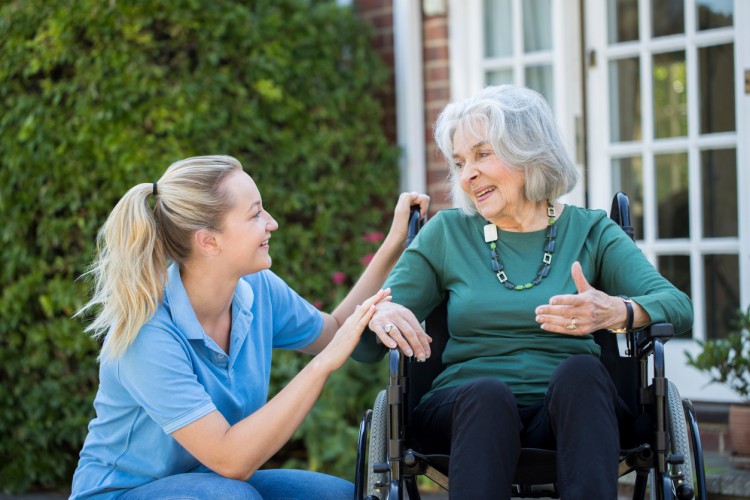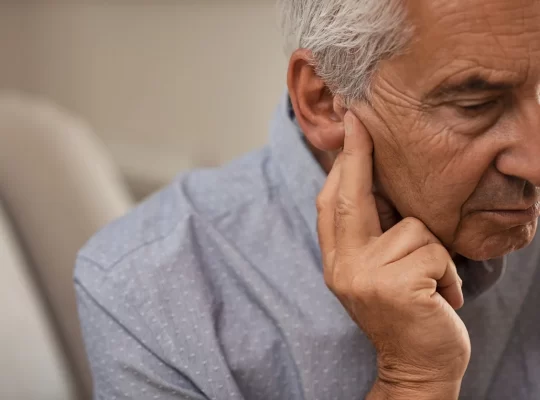More and more elderly people are talking about not wanting to leave their house or apartment. Indeed, home care is a current issue. Our elderly relatives rarely express the wish to move into a senior citizen facility. On the side of the caregivers, anxiety is omnipresent concerning their state of health, physical or mental.
But we know very well that their first wish is to keep their independence and autonomy as long as possible. And we preserve these aspects by making sure to age at home, serenely. So what are the secrets of aging well? How can we maintain a “good home”? So, without further ado, let’s dive into this blog and learn some of the things that everyone needs to know about living at home as an older adult.
Maintaining your home: adapting your home

As well as thinking about your health, it is important to think about how to adapt your home to your abilities. Of course, you may need major adaptations that require work, sometimes expensive. These mainly concern the bathroom. But you should know that they can be avoided for less expensive or more temporary solutions.
1. Kitchen
The kitchen often has a lot of furniture, allowing an elderly person at home to move around. To avoid fatigue and possible falls, consider adding seating points if there are none. These also make it easier to get up after a fall. It is also important to equip the kitchen with adequate lighting. Indeed, even with a good halogen floor or ceiling lamp, there are always dark areas.
This can be compensated for by night lights with motion sensors or small accent lights. It’s time to cook! To not need external help for preparing or taking meals, you should know that there is a wide range of adapted utensils. Problems of prehension, hemiplegia, and Alzheimer’s, there are many tools to help with the meal and the maintenance of the autonomy of seniors.
2. The bathroom
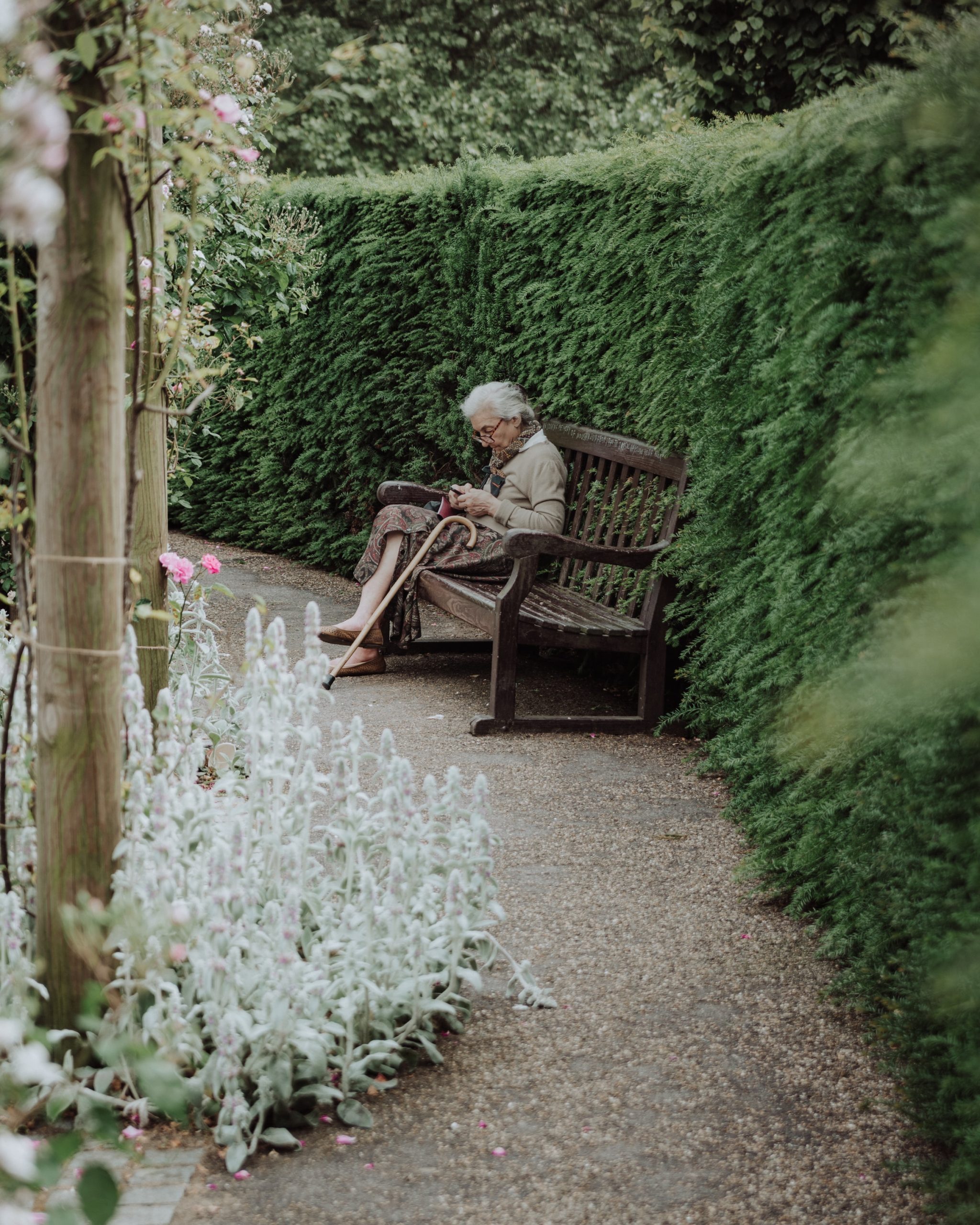
The bathroom is often the room that requires the most adaptations. Whether it is equipped with a shower or a bathtub, adaptations are often needed. Getting into the bathtub can become complicated. And sometimes, a step and a non-slip mat are not enough to avoid the risk of falling. There are several solutions:
- Get a bath seat that you sit on before bringing one leg at a time into the tub.
- Installing an inflatable bath elevator, which deflates so that you can take a bath in complete serenity
- Install a walk-in shower, even if this solution is often the most expensive. This one does not have a step and simply requires a non-slip mat and a shower stool for dependent people or having difficulty standing on their toilet.
If the bathroom has a shower, you can think about a simple non-slip step and grab bars to help your elderly loved one get in. Then, as with the walk-in shower, you can use a shower seat, stool, or even a wall stool.
3. Playing sports
Physical activity is closely related to diet since they both play into the body’s health and mental health. Exercise is one of the keys to aging well at home. This is why physical activity is recommended from a young age. It allows us to maintain optimal physical capital until we reach our golden years.
It also helps us maintain our autonomy for a more extended period of time. Continuing to exercise as we age helps us maintain our tone, which is very useful for mobility and home activities. Be careful not to do more than you can handle, and prefer gentle activities if you are not a great sportsman. For example, opt for gentle gymnastics, Nordic walking, cycling, or aqua aerobics.
4. Get out, get some fresh air, and don’t be afraid to ask for help
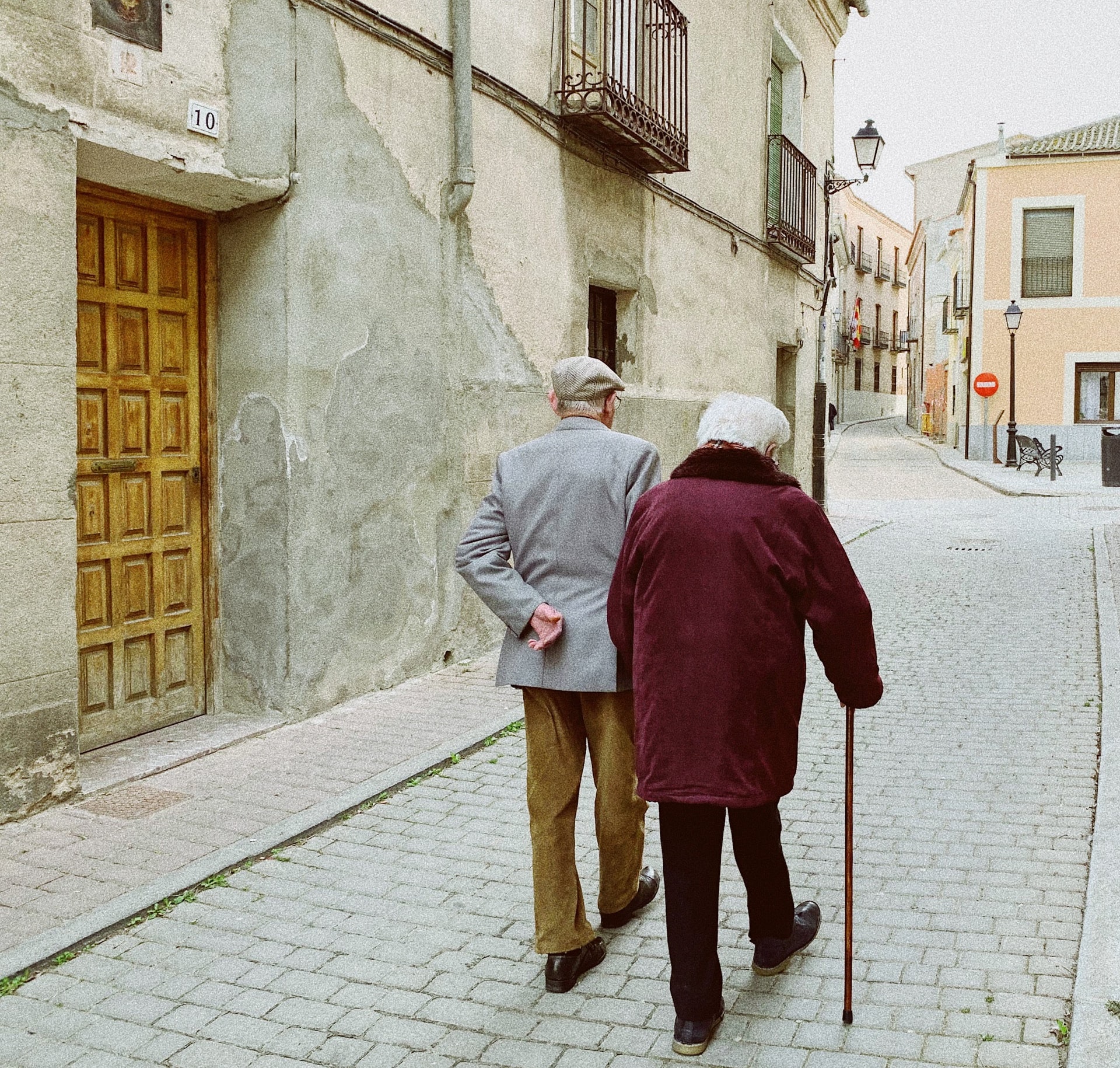
By gardening and walking around, we improve our well-being! We also fill up on vitamin D (when the weather is nice…). This vitamin is good for the skin, bones, immune system, muscles and morale. That’s all there is to it! Getting older is not easy every day, and you can’t always manage everything on your own.
Cleaning the house, mowing the lawn, and washing these actions can become difficult. It is normal to ask for help: from a family member or from a home care service. It is sometimes difficult to accept to rest or to do less than before. We, therefore, sometimes tend to overwork ourselves. Accepting your condition, your abilities, and resting when you need to is very important. Making sure that you have a good sleep rhythm is essential for more optimal days.
Sound off in the comments section below, and tell us what you want to read next and if you want to read more about living at home as a senior.

